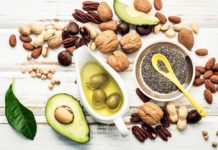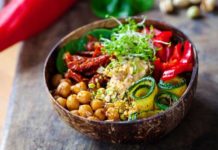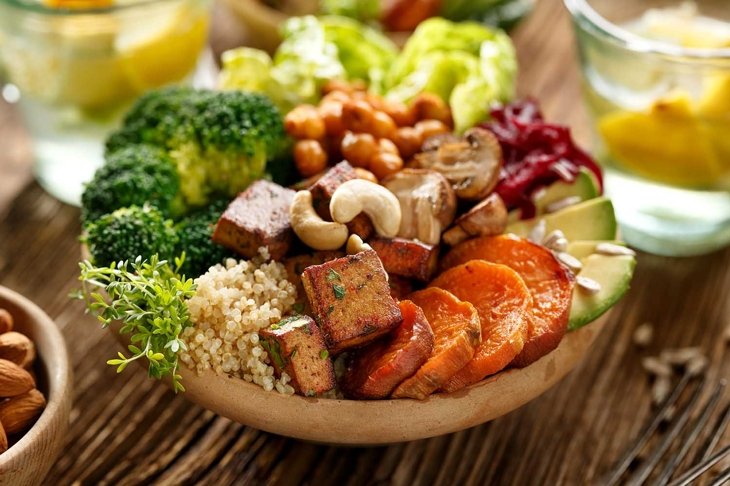
A well-planned plant-based diet can provide you with all the nutrition your body needs (yes, that includes muscle-building protein). Still, some foods are higher in protein than others and to prevent muscle loss, plant-based eaters should include high-protein sources. Let’s review 10 high-protein foods you should eat more of.
01
Soy
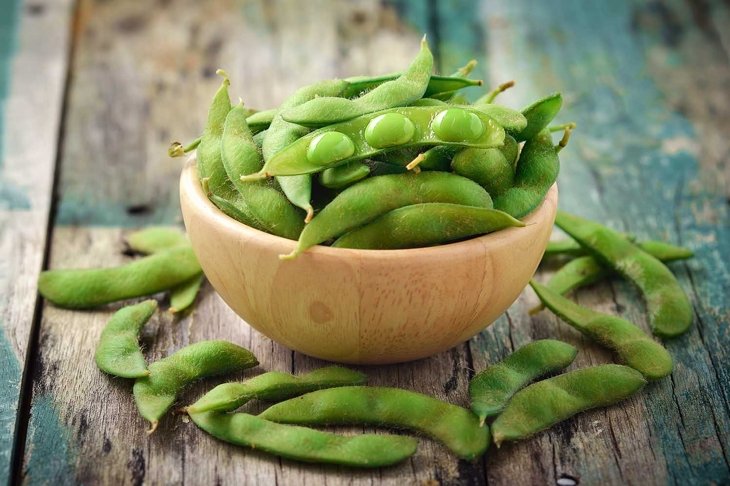
Tofu, tempeh, and edamame all come from soybeans, which are complete proteins (contain all nine essential amino acids). These soy foods and soy products are known to be good sources of protein for anyone following a vegan or vegetarian diet. Not only are these high in protein (12 to 13 grams per cup), but they’re also so versatile to use in meals (milk and meat alternatives for example).
02
Lentils
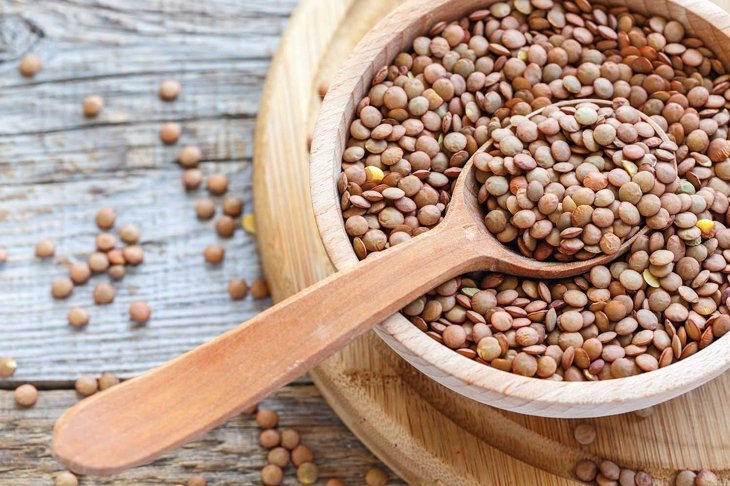
Lentils are a protein staple, and just behind soybeans in terms of plant protein. A cup of cooked lentils will give you 12 grams of protein, and, if combined with a whole grain, can give you a similar quality of meat protein. Now that you can rest assured lentils are a winner, have fun eating them in various ways. Great as dahl and in soups, you can also try making a dip or a sandwich.
03
Quinoa
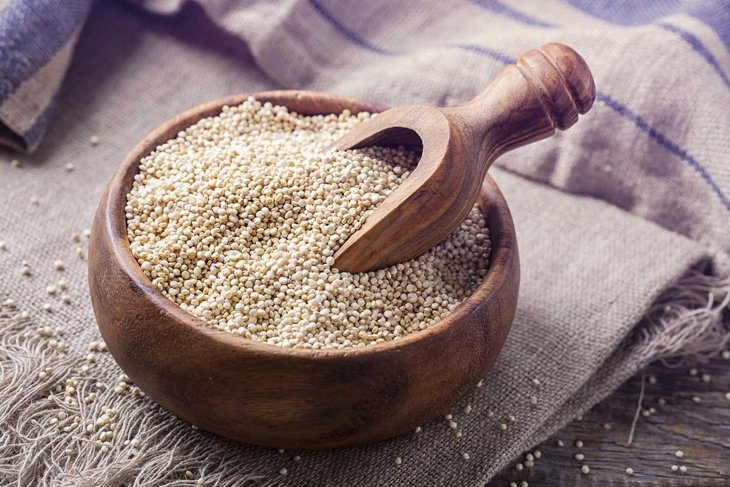
This mighty grain is a powerful plant food because it is not only high in protein, but also a complete protein (which is why it’s often called a super grain). A cup of cooked quinoa will give 8 grams of protein, which is really rare for a grain. Have fun with this unique and versatile food. Try a taco salad recipe and combine with beans to make it a powerhouse meal.
04
Chia seeds
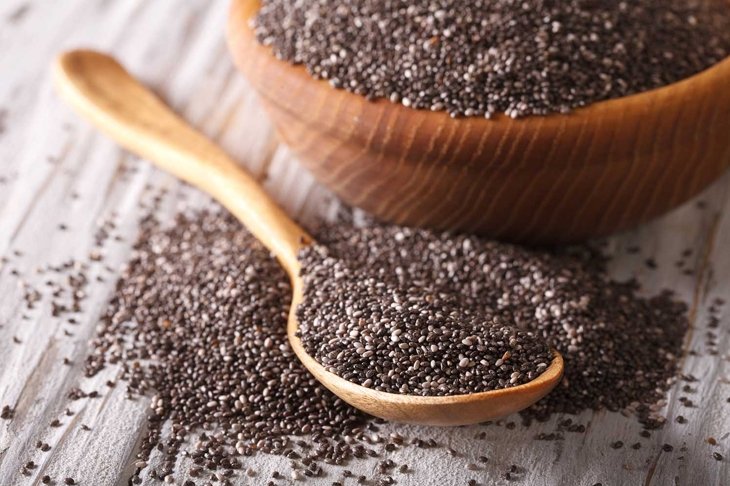
Sometimes called a superfood, a couple of tablespoons of chia seeds will pack 4 to 6 grams of protein. That, combined with its high fiber properties, makes adding chia seeds into any diet a must. While you can just sprinkle these tiny powerhouse seeds into your foods, try making a pudding or even a delicious berry jam.
05
Nuts and nut butters
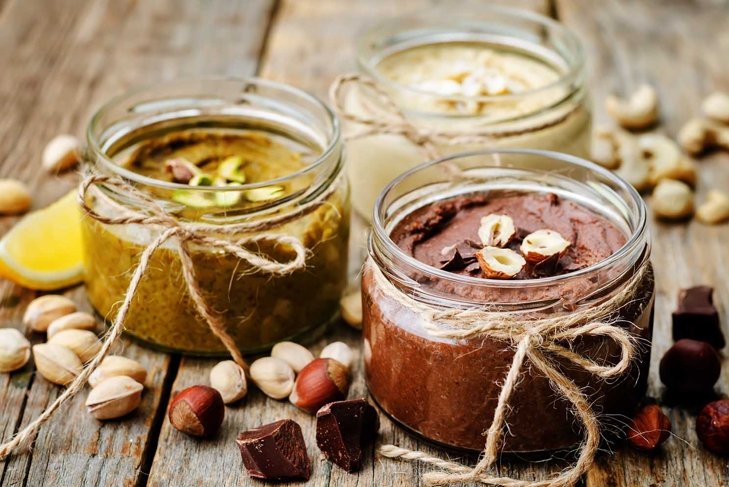
Nuts provide high protein, they’re easy to eat on the go, and they’re extremely versatile. If you don’t have a nut allergy, it may be a good idea to keep these easy snacks on hand. While most nuts are high in protein, almonds and peanuts seem to be the highest. Almonds give 7 grams of protein per 1/4 cup (60 mL), and peanuts give a whopping 9.5 grams per 1/4 cup (60 mL). Go ahead and spread it, as the nut butter versions are also healthy.
06
Chickpeas
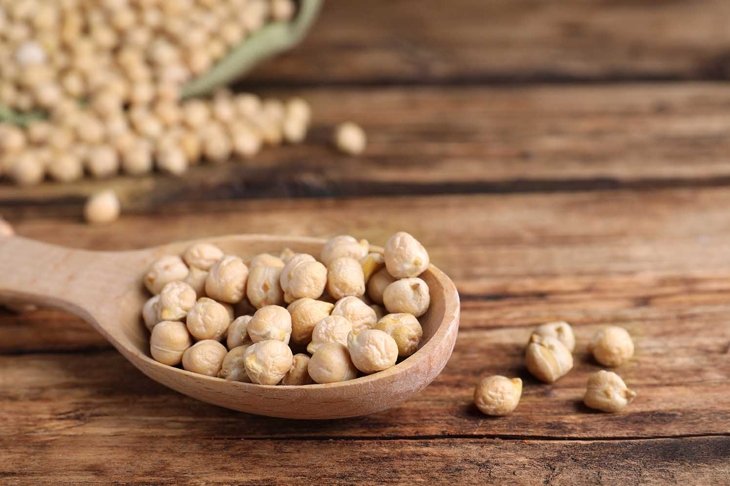
Chickpeas or garbanzo beans provide a powerful punch of protein (not to mention overall nutrition) and can complement any meal. In a cup you can get about 9 to 12 grams of protein, with dried and cooked versions being on the higher end. Try jazzing up any meal by adding some toasted turmeric chickpeas to make it a full meal packed with protein. Chickpeas for the win!
07
Spirulina
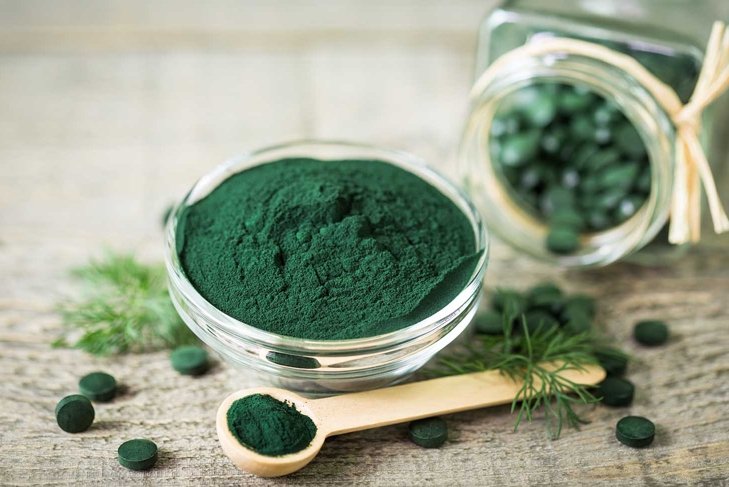
The color of spirulina alone is beautiful. This blue-green algae is packed with protein, giving 8 grams in just 2 Tbsp (30 mL) of bright powder. Popularly added into blenders, to make smoothie bowls and drinks, it makes a simple addition to provide your body with the protein it needs. A fun fact: Spirulina became popular after astronauts used it in space as a dietary supplement.
08
Hemp hearts
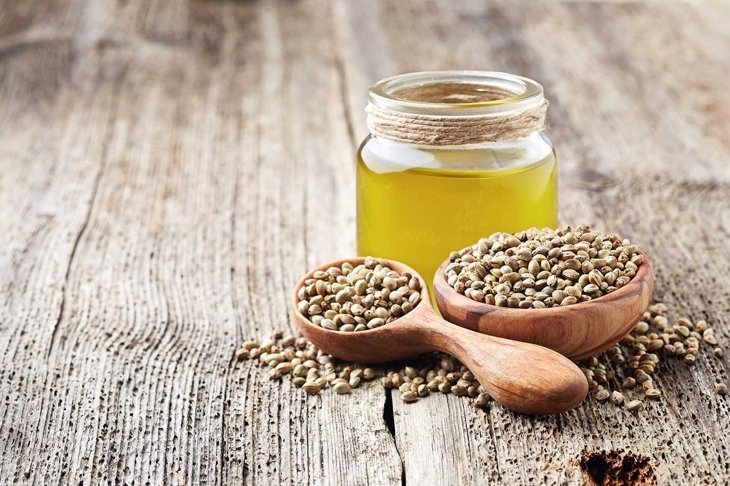
Another valuable seed enters the list! Hemp hearts are a great complement to a plant-based diet (or any for that matter). Not only are they a complete protein, but they also contain almost as much protein as soybeans (9 to 10 grams per a few tablespoons). Now the easy thing to do is to add it to salads and smoothies, but how about trying some fun recipes such as granola cups or stuffed potatoes?
09
Oats
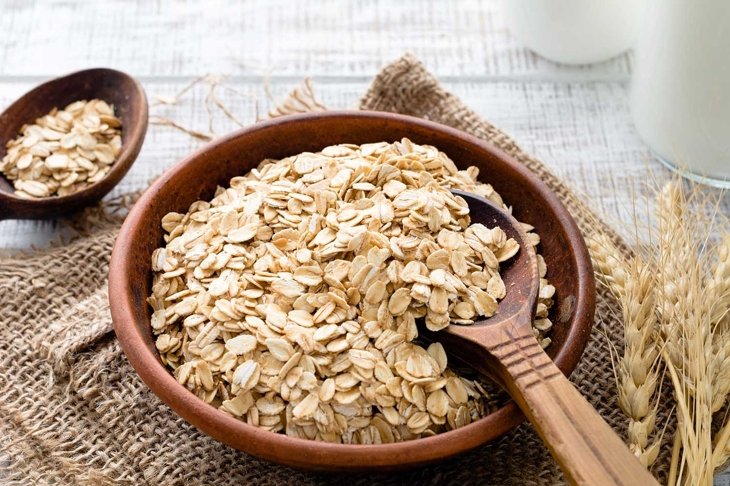
Although not a complete protein, oats provide about 6 grams of protein in each 1/2 cup (125 mL). Safe to say, the protein you do get from oats is high quality, with 11 to 15 percent of its content being protein alone. That, combined with the high fiber component, means that when you eat oats, you are getting nothing but goodness. Try it at dinner with this oat groat risotto recipe.
10
Sprouted whole grain bread
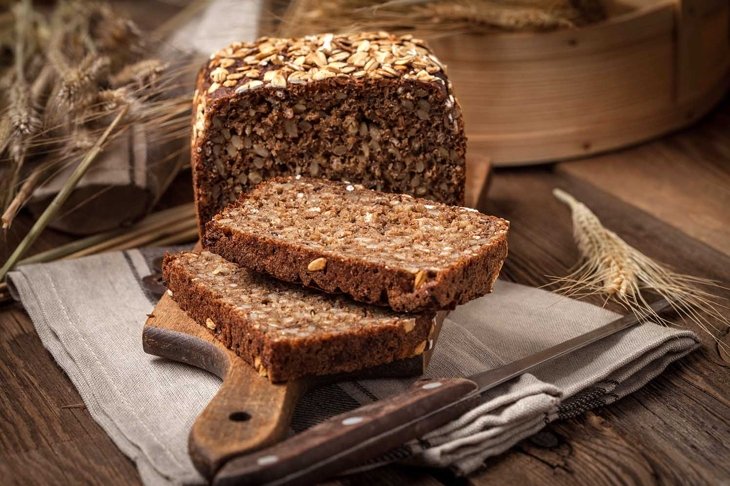 Sprouted grains include grains such as millet, barley, and spelt and generally have more available nutrients, such as protein, than regular whole grains or bread made with flour. It’s thought that using sprouted grains can improve the overall nutritional value of grains. Perhaps give sprouted whole grain bread a try when making your next sandwich!
Sprouted grains include grains such as millet, barley, and spelt and generally have more available nutrients, such as protein, than regular whole grains or bread made with flour. It’s thought that using sprouted grains can improve the overall nutritional value of grains. Perhaps give sprouted whole grain bread a try when making your next sandwich!















